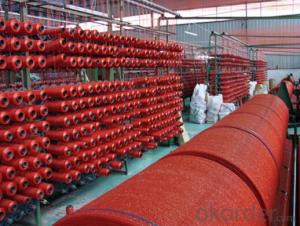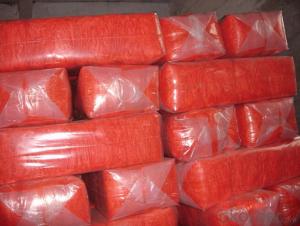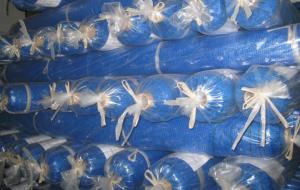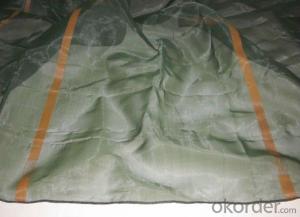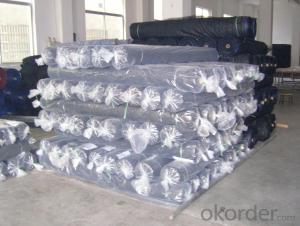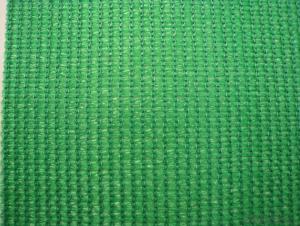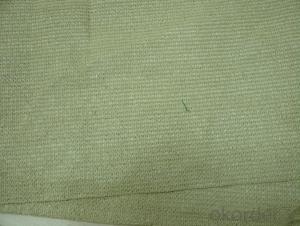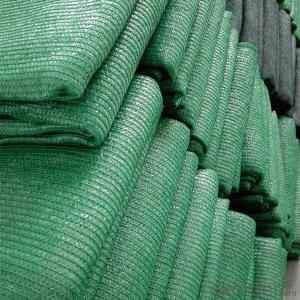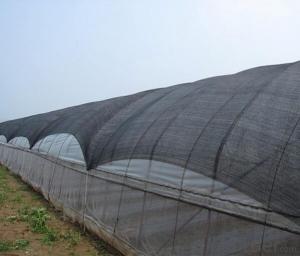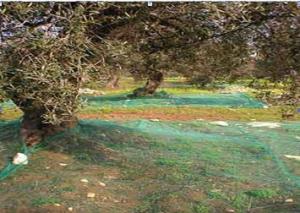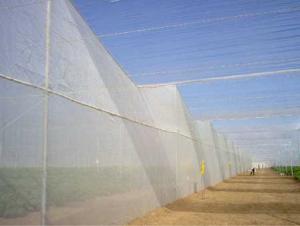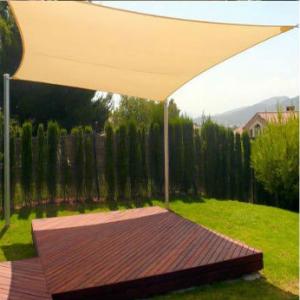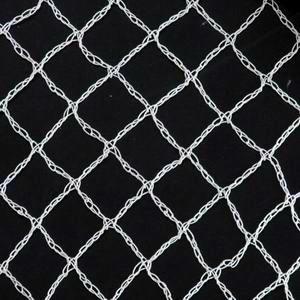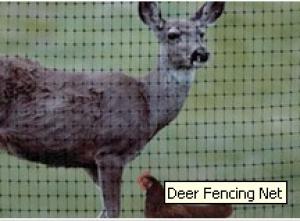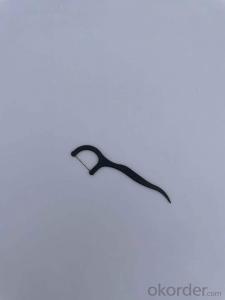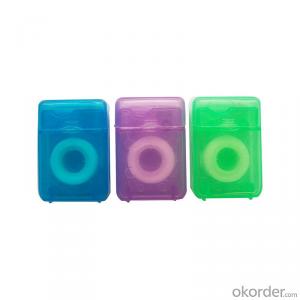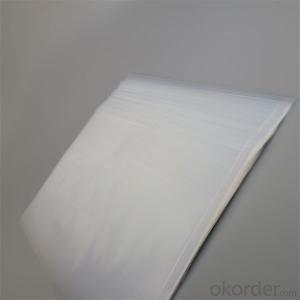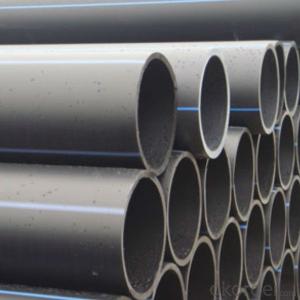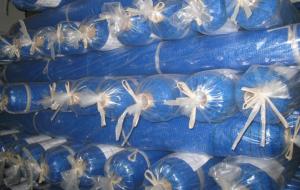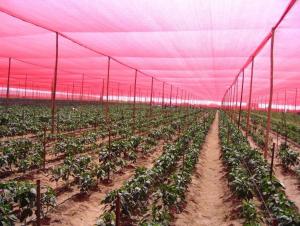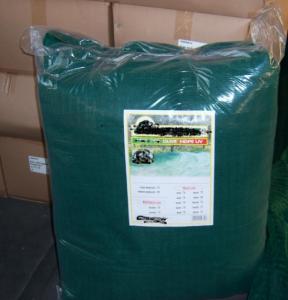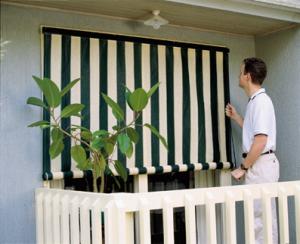Mesh bag for vegetable
- Loading Port:
- Shanghai
- Payment Terms:
- TT OR LC
- Min Order Qty:
- -
- Supply Capability:
- 200T m.t/month
OKorder Service Pledge
OKorder Financial Service
You Might Also Like
Mesh Bag
Introduction:
It is weaved by High-density polyethylene (HDPE/PP), used as packing vegetable and fruit, such as onion, carrot, garlic, cabbage, lemon, pecans, etc.
Product Description
We can produce a variety of mesh bag with high quality, including mesh bag (PP), raschel mesh bag (PE) and tubular mesh bag (PP).
Item: Leno mesh bag with label
Material: PP
Size: As customers' requirements
Color: Red, orange, yellow, green, purple, transparent etc.
They are widely used for packing vegetables, fruits, firewood and seafood. Such as onions, potato, garlic, orange, cabbage, carrot, apple, pear and so on.
- Q:Are plastic nets used in the packaging of cosmetics?
- Yes, plastic nets are commonly used in the packaging of cosmetics. These nets are used to hold the products securely in place and provide additional protection during transportation and storage.
- Q:Are plastic nets biodegradable?
- No, plastic nets are not biodegradable.
- Q:How do plastic nets compare to nylon nets?
- Plastic nets and nylon nets have distinct differences in terms of their properties and uses. Plastic nets are typically made from polypropylene or polyethylene, which offer good strength and durability. They are resistant to rot, mildew, and chemicals, making them suitable for various outdoor applications like gardening, packaging, and protective barriers. On the other hand, nylon nets are made from synthetic polyamide fibers, providing excellent elasticity, high strength, and resistance to abrasion. Nylon nets are commonly used in sports, fishing, and aquaculture due to their flexibility and ability to withstand heavy loads. Overall, while plastic nets are more cost-effective and versatile, nylon nets offer superior strength and elasticity for specialized purposes.
- Q:How do plastic nets affect waste management?
- Plastic nets play a crucial role in waste management by enhancing the collection and containment of waste materials. They are commonly used in waste bins, dumpsters, and other waste management systems to prevent loose items from scattering and littering the environment. Plastic nets help to consolidate and secure waste, making it easier for waste management personnel to handle and transport it efficiently. Additionally, these nets can also prevent animals from rummaging through waste bins, reducing the risk of spreading diseases. Overall, plastic nets contribute to improving waste management practices by minimizing pollution, enhancing cleanliness, and promoting effective waste disposal.
- Q:How do plastic nets affect waste disposal methods?
- Plastic nets can significantly impact waste disposal methods. These nets are often used in industries like fishing and agriculture, but they can end up causing serious problems in waste management. When plastic nets are improperly disposed of or discarded, they can get tangled in sorting machinery at recycling facilities, leading to breakdowns and costly repairs. Additionally, if these nets end up in landfills, they can take hundreds of years to decompose, contributing to the growing issue of plastic pollution. Therefore, proper disposal and recycling of plastic nets are essential to minimize their negative impact on waste disposal methods and the environment.
- Q:Do plastic nets come with anti-slip properties?
- No, plastic nets do not typically come with anti-slip properties.
- Q:How do plastic nets affect water quality?
- Plastic nets can have a negative impact on water quality. When these nets are used in activities such as fishing or aquaculture, they can get entangled in marine life, leading to injury or death. Additionally, over time, plastic nets can break down into microplastics, contaminating the water and harming aquatic ecosystems. They also contribute to the overall plastic pollution problem, which affects water quality and poses risks to human and animal health.
- Q:Are plastic nets suitable for construction purposes?
- Yes, plastic nets can be suitable for construction purposes. They are often used in various construction applications such as reinforcing concrete, providing scaffolding support, or as safety barriers. Plastic nets are lightweight, durable, and resistant to corrosion, making them a cost-effective and versatile option in construction projects.
- Q:Are plastic nets suitable for butterfly gardens?
- No, plastic nets are not suitable for butterfly gardens. They can harm butterflies and other pollinators, and are not environmentally friendly. It is better to use natural materials, such as mesh or cloth, that allow for proper airflow and do not pose a risk to the butterflies.
- Q:Are plastic nets used in the transportation of goods?
- Yes, plastic nets are commonly used in the transportation of goods. These nets are often used to secure and protect items during shipping and can be found in various industries such as agriculture, construction, and logistics. They are lightweight, durable, and provide a cost-effective solution for safely transporting goods.
1. Manufacturer Overview |
|
|---|---|
| Location | |
| Year Established | |
| Annual Output Value | |
| Main Markets | |
| Company Certifications | |
2. Manufacturer Certificates |
|
|---|---|
| a) Certification Name | |
| Range | |
| Reference | |
| Validity Period | |
3. Manufacturer Capability |
|
|---|---|
| a)Trade Capacity | |
| Nearest Port | |
| Export Percentage | |
| No.of Employees in Trade Department | |
| Language Spoken: | |
| b)Factory Information | |
| Factory Size: | |
| No. of Production Lines | |
| Contract Manufacturing | |
| Product Price Range | |
Send your message to us
Mesh bag for vegetable
- Loading Port:
- Shanghai
- Payment Terms:
- TT OR LC
- Min Order Qty:
- -
- Supply Capability:
- 200T m.t/month
OKorder Service Pledge
OKorder Financial Service
Similar products
New products
Hot products
Hot Searches
Related keywords
